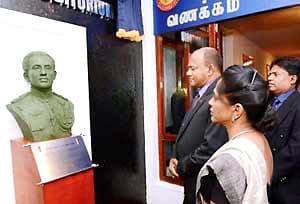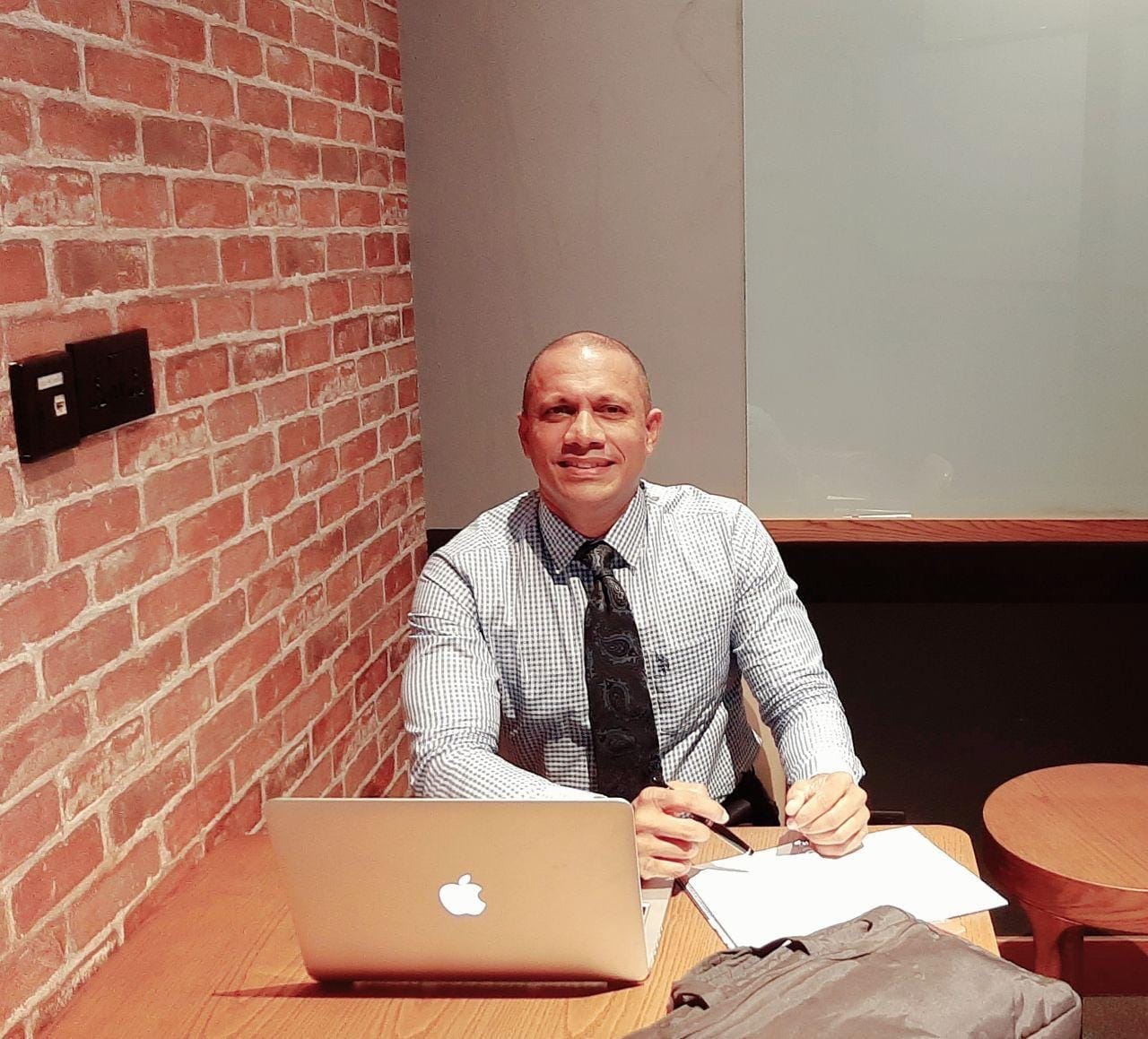They Leave the Field the Same Way They Fought
A generation of Sri Lankan soldiers is retiring quietly — with the same dignity, discipline, and silence with which they once fought. This is their farewell.

A Reflection on the Silent Retirement of a Generation of Soldiers
They are leaving now.
Not with parades.
Not with speeches.
Not with a nation standing still in recognition.
Just a folded uniform.
A last salute.
The quiet step of a man who has learned how to leave without disturbing the ground.
Sri Lanka’s fighting men are retiring.
And they are doing so the same way they once moved across the battlefield — without complaint, without applause, without asking for anything in return.
They Were Young When the War Took Them
They did not grow up imagining themselves as heroes.
They joined because:
- someone had to go forward,
- someone had to stand in the gap,
- someone had to hold the line when others stepped back.
They were nineteen. Twenty. Twenty-two.
The war did not wait for them to finish becoming men.
It made them men — quickly, ruthlessly.
They learned to sleep in boots.
To read darkness by instinct.
To move through grass without bending it.
To understand silence not as peace, but as warning.
They learned loss early.
And they carried it quietly.
The War Ended. But Life Did Not Return to Before.
When the fighting stopped, there were no instructions on how to re-enter the world.
The country changed.
The uniforms remained.
They kept serving through:
- reorganisations and deployments,
- promotions that meant responsibility but not rest,
- anniversaries no one attended,
- a nation that slowly forgot what had nearly happened to it.
They watched the culture shift:
from gratitude
to critique
to indifference.
And still — they did not ask to be understood.
Because the soldier’s oath is not to victory or memory.
It is to duty, especially when no one is watching.
Now, They Are Leaving Quietly
A soldier folds his uniform.
A sergeant returns his rifle to the rack.
A colonel signs his final handover and steps into ordinary daylight.
They return to:
- towns that aged without them,
- children who are no longer children,
- homes that feel slightly unfamiliar,
- roads that once led to patrol bases, now leading only back home.
They sit on verandas in the late afternoon light.
The world is peaceful.
The birds sound louder than they remember.
Civilians pass by, unaware.
For most, the war is history.
For them, it is bone.
This is Not a Call for Mourning
It is a request for memory.
Because a nation that forgets those who held its ground loses its continuity.
And when continuity breaks, culture dissolves into forgetting.
The soldier does not need:
- statues,
- slogans,
- or orchestrated praise.
But he deserves not to be erased.
To be remembered not as myth —
but as a human being who carried something heavy for all of us.
They Leave the Field the Same Way They Fought
With calm.
With discipline.
With humility.
No victory crowns.
No final banner.
Just a man stepping away from a life that demanded everything.
Let us at least walk beside them for those final steps.
Not with trumpets.
Not with tears.
With memory.
Because a country does not remain intact through slogans or patriotic noise.
It remains whole because, somewhere, once —
a soldier decided not to surrender.
They are leaving now.
Let us not forget them on their way out.

This essay was originally published on Insights by Cognisive Consultants, a research and commentary journal exploring leadership psychology, culture, systems thinking, and security.
To read more essays, visit: https://insights.cognisive.co
© Cognisive Consultants • All rights reserved.

